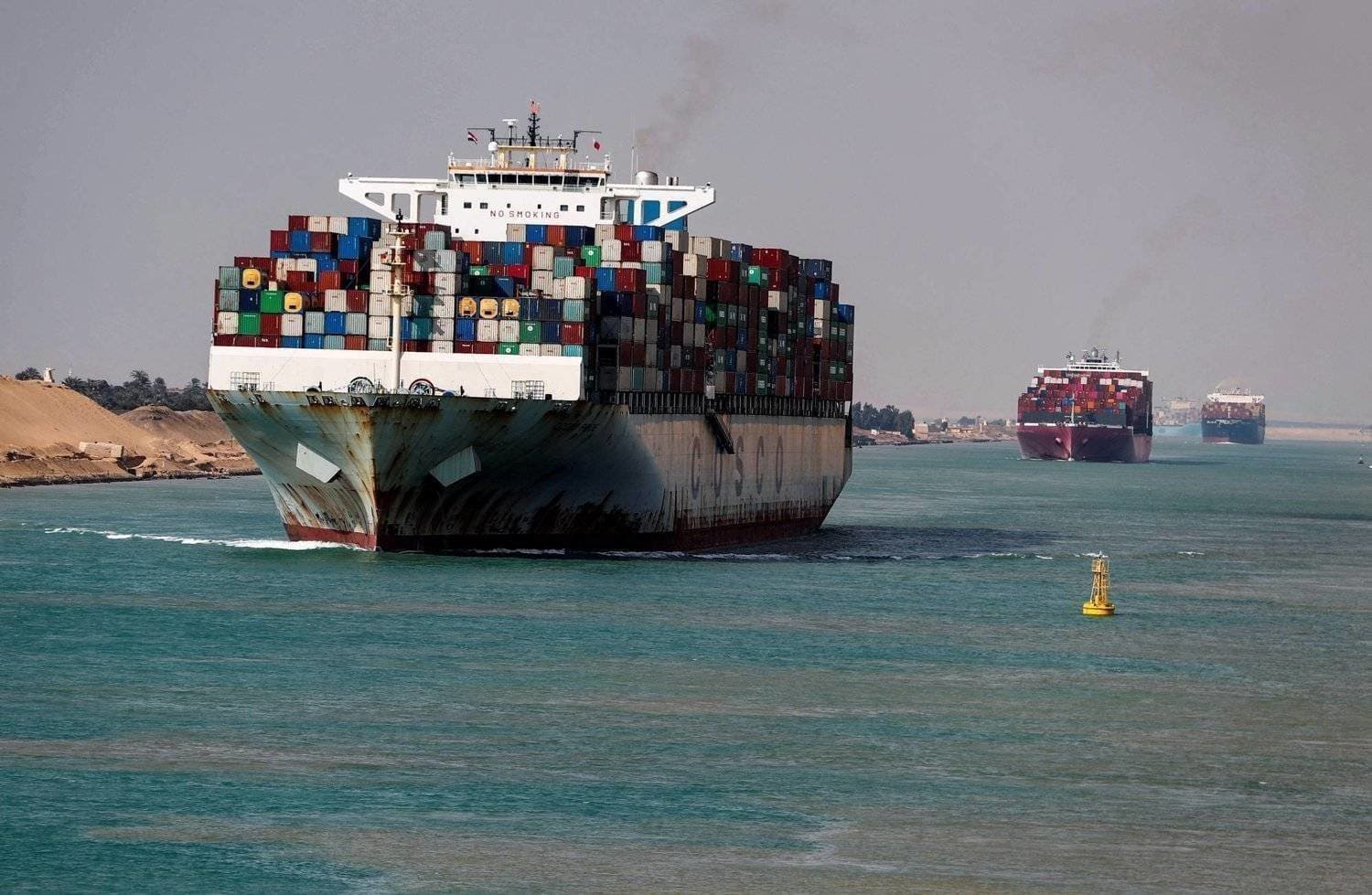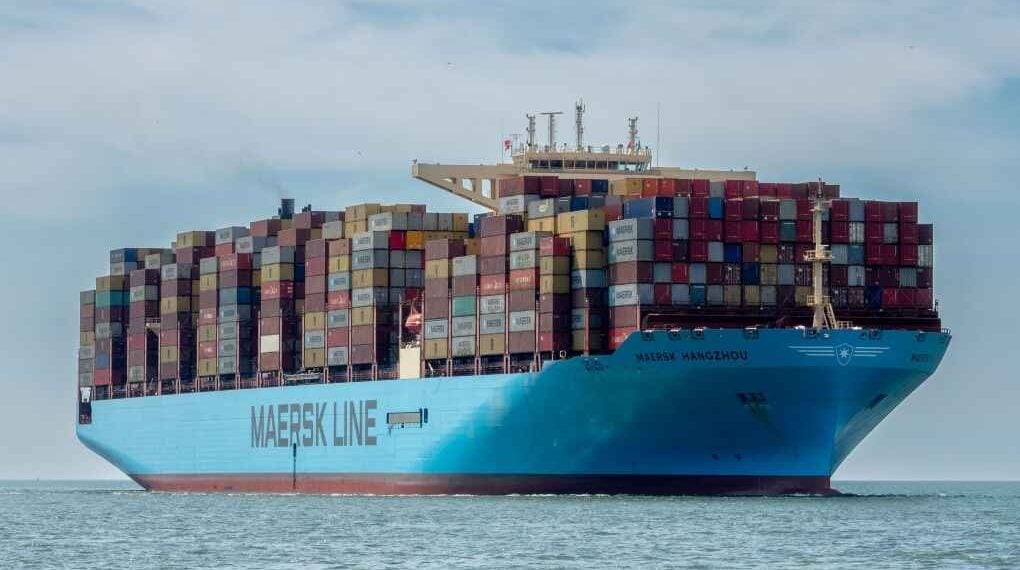Maersk’s U.S. subsidiary faced an unsettling incident as two of its ships, tasked with transporting U.S. military supplies, encountered explosions in the Bab al-Mandab Strait off Yemen. The vessels, accompanied by the U.S. Navy, witnessed the explosions and intercepted multiple projectiles. The Houthi military forces in Yemen claimed responsibility, asserting that they had fired ballistic missiles at U.S. warships safeguarding the commercial Maersk vessels.
Both ships, operated by Maersk Line, Limited (MLL), the U.S. subsidiary, were participating in the Maritime Security Program (MSP) and Voluntary Intermodal Sealift Agreement (VISA), programs initiated by the U.S. Defense Department. These programs involve the transportation of forces, supplies, and equipment during times of war or national emergency. The U.S. Navy escorted the ships through the strait.
Fortunately, neither the vessels nor the crew sustained any harm during the incident. In response to the elevated risk, Maersk announced the suspension of Red Sea transits for vessels of its U.S. subsidiary until further notice. The company cited the escalating danger as the reason for this precautionary measure.
The Houthi military spokesperson, Yahya Sarea, claimed that the clash lasted over two hours, during which several U.S. warships were targeted with ballistic missiles. The spokesperson asserted that one U.S. warship was directly hit, prompting the two commercial vessels to withdraw. However, a U.S. official refuted these claims, stating that no U.S. warships or commercial vessels were struck by Houthi missiles during the incident.

This episode marks an escalation in the risks faced by shipping companies in the region. Maersk had already diverted its container vessels away from the Red Sea on January 5, and this recent incident further underscores the vulnerability of seafarers in the area.
Concerns about attacks on U.S.-flagged ships have prompted maritime labor organizations to seek increased protection for vessels navigating the treacherous waters of the Red Sea.





